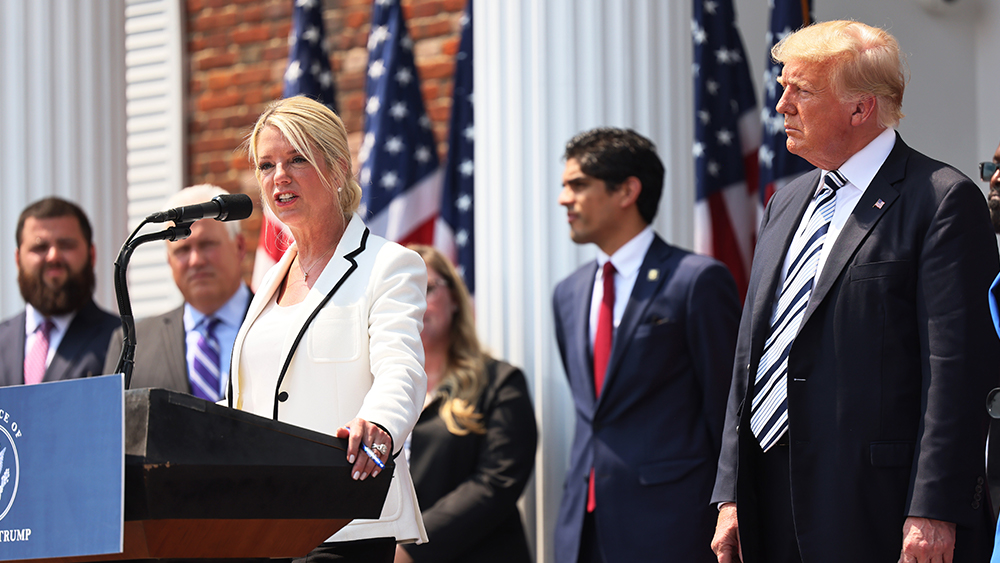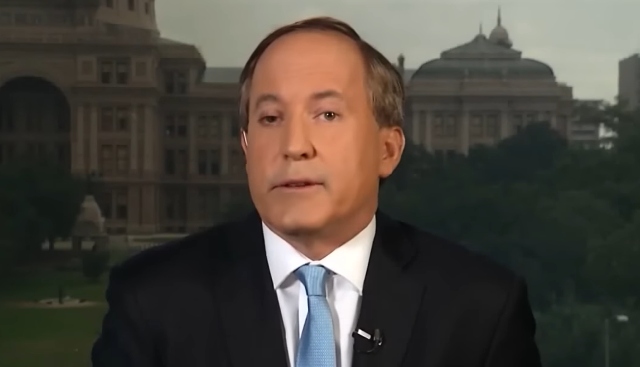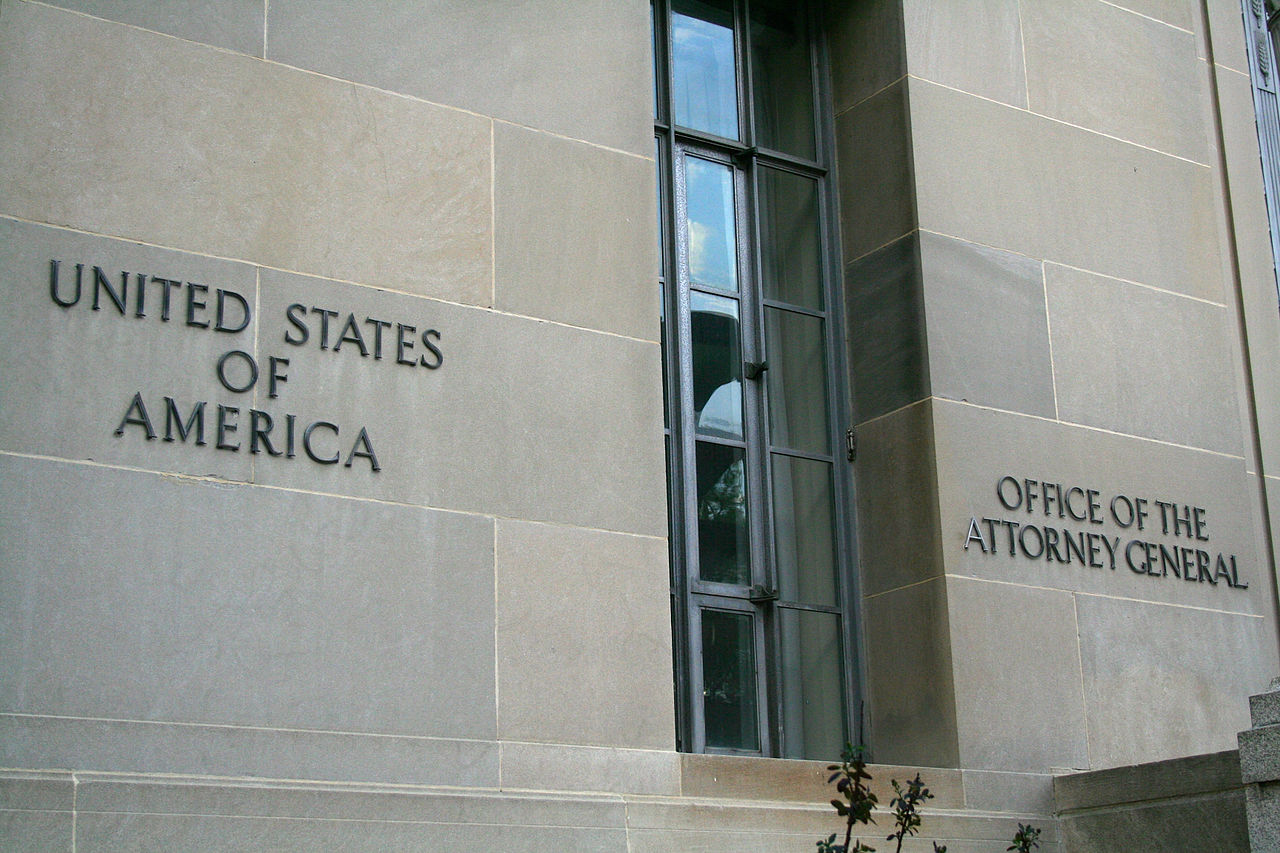 Parler
Parler Gab
Gab
- The DOJ established the Second Amendment Enforcement Task Force, led by Attorney General Pamela Bondi, to reverse Biden-era gun regulations deemed unconstitutional. The task force includes representatives from multiple DOJ divisions and federal agencies, including the ATF and FBI.
- Key priorities include overturning Biden’s "Zero Tolerance Policy" (which punished dealers for minor violations) and dismantling the stabilizing brace rule that reclassified pistols with braces as short-barreled rifles, threatening felony charges for millions of owners.
- Bondi declared the Second Amendment would no longer be treated as a "second-class right," emphasizing aggressive legal and policy efforts to protect gun owners from what the DOJ calls regulatory overreach.
- Gun rights groups like the CCRKBA and Rocky Mountain Gun Owners hailed the task force as a historic win, ending years of adversarial federal policies against lawful gun ownership.
- The move reflects the Trump administration’s broader "constitutional fidelity" stance, contrasting Biden’s firearm restrictions (framed as public safety measures) and reigniting debates over Second Amendment rights vs. gun control.
Task force formation and mandate
The Second Amendment Task Force, chaired by Bondi, will bring together representatives from the DOJ’s Civil Division, Civil Rights Division, Criminal Division, the Bureau of Alcohol, Tobacco, Firearms and Explosives (ATF) and the FBI. This interagency body is tasked with dismantling rules implemented between 2021 and 2025 that the DOJ asserts violated Second Amendment protections. Key early actions include repealing former President Joe Biden’s “Zero Tolerance Policy,” a 2021 initiative critics argued punished firearms dealers for minor compliance issues, and re-evaluating the controversial “stabilizing brace rule” that threatened to recategorize pistols with certain accessories as short-barreled rifles. “The Department of Justice is fully mobilized to treat the Second Amendment as it is intended — a first-class right,” Bondi said in a memo to staff. “The prior administration’s policies unfairly targeted lawful gun owners and vendors, eroding public trust in the regulatory process.”Immediate policy reversals
The task force’s immediate focus includes dismantling the stabilizing brace rule, which alarmed gun rights advocates by retroactively reclassifying pistols equipped with ergonomic stabilizers as short-barreled rifles—subjecting millions of owners to potential felony charges overnight. The DOJ also targeted Biden’s “engaged in the business” regulation, which expanded scrutiny of non-commercial firearm sellers, a move critics argued blurred the line between private hobbyists and dealers. ATF Acting Director Daniel P. Driscoll, overseeing the agency for the first time, called the changes “pivotal to restoring clarity and fairness” in federal gun laws. He emphasized the repeal of the Zero Tolerance Policy, which had led to the revocation of firearms dealer licenses over minor paperwork errors.Advocate reactions
Gun rights groups swiftly praised the initiative as a historic reversal of federal anti-gun policies. Alan Gottlieb, chairman of the Citizens Committee on the Right to Keep and Bear Arms (CCRKBA), described AG Bondi’s task force as a “bold step” signaling an end to years of regulatory hostility toward gun owners. “It looks like gloves-off time has arrived,” Gottlieb said. “This task force treats gun owners as allies, not antagonists.” The Rocky Mountain Gun Owners advocacy group echoed this sentiment, calling the move a “triumph for constitutional fidelity.”Historical context on regulatory battles
Federal gun policy has long been contentious, with interpretations of Second Amendment rights swinging with administrations. While the 2008 Supreme Court ruling in Heller affirmed an individual’s right to bear arms, Democrats under Biden framed firearms restrictions as public safety measures. Their approach included gun-tracing programs, stricter licensing and proposals to restrict high-capacity magazines. By contrast, Trump’s 2024 presidential campaign emphasized constitutional fidelity, pledging to combat “Biden’s anti-gun agenda.” The task force represents the culmination of this strategy, reversing dozens of federal regulations, including those requiring states to share records for background checks — a move Bondi called “unwarranted overreach.”Conclusion
The DOJ’s Second Amendment Task Force marks a significant escalation in the federal government’s defense of gun rights, positioning the nation’s capital directly against prior regulatory frameworks. As states and federal agencies brace for shifting enforcement priorities, the task force’s long-term impact will hinge on its ability to reconcile constitutional principles with public safety concerns — a delicate balance in a politically polarized era. For now, gun rights advocates see this as a defining moment in reclaiming what they argue is an endangered First Amendment-era right. Sources include: TheEpochTimes.com Justice.gov WhiteHouse.gov TheTruthAboutGuns.comIsraeli police backtrack plan to ban images of Palestinian children from anti-war protest
By Belle Carter // Share
DOJ abandons plans to decentralize tax enforcement amid federal overhaul backlash
By Willow Tohi // Share
Hamas offers long-term truce with Israel, potential to cede Gaza control
By Cassie B. // Share
Trump meets retail CEOs to address tariff concerns as trade tensions rise
By Cassie B. // Share
Governments continue to obscure COVID-19 vaccine data amid rising concerns over excess deaths
By patricklewis // Share
Tech giant Microsoft backs EXTINCTION with its support of carbon capture programs
By ramontomeydw // Share
Germany to resume arms exports to Israel despite repeated ceasefire violations
By isabelle // Share










